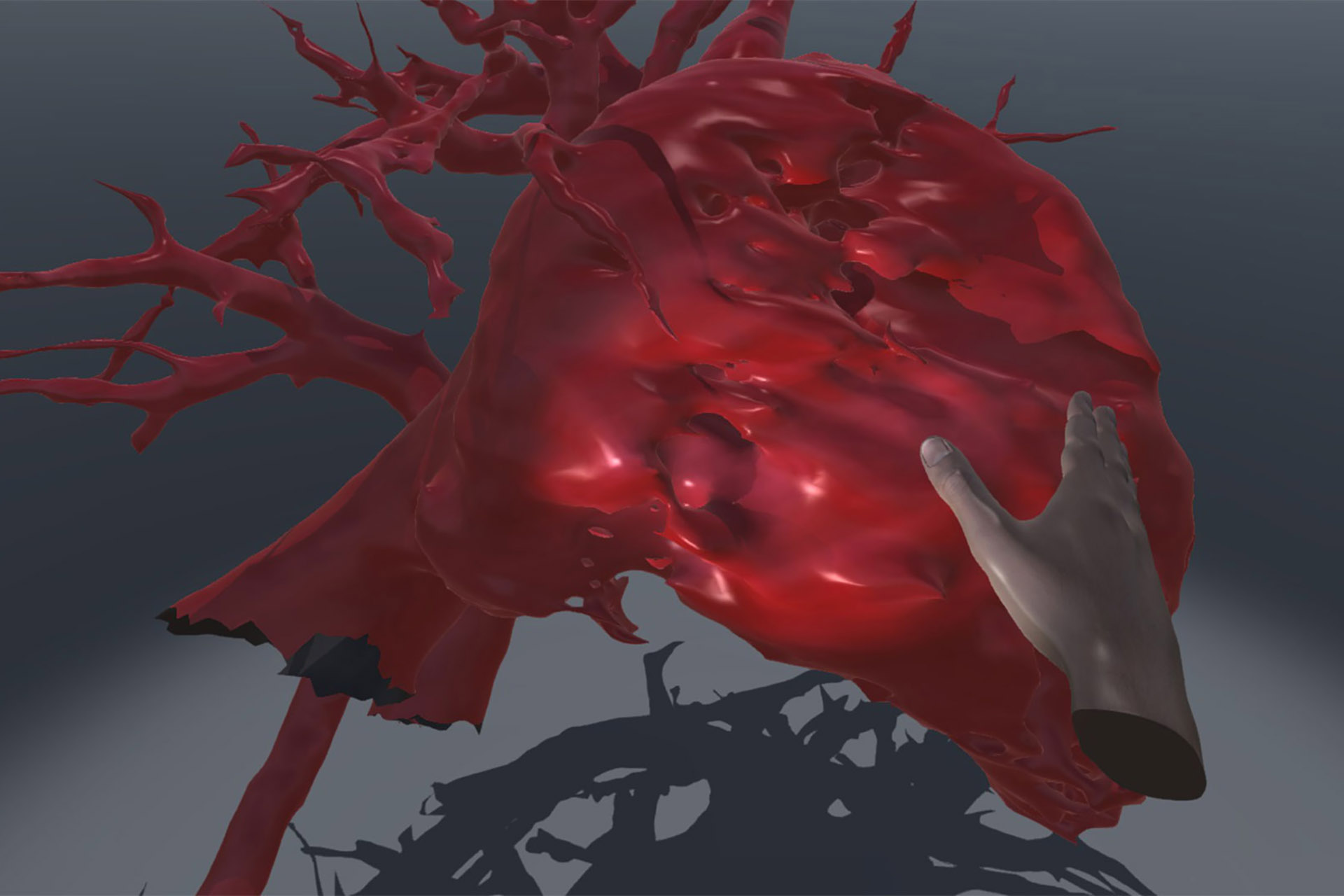Through a pioneering project with the University of Liverpool, experts from the Virtual Engineering Centre adapted VR techniques originally deployed in the automotive sector to allow clinicians to operate more productively and safely. The digital tool has also revolutionised complex surgical training at the paediatric centre of excellence.
The challenge
In paediatrics, surgeons operate on the small vital organs of sick children. Traditionally pre-operation planning would include the use of CT and MRI scans. However, these only provide a 2D snapshot of the patient, rarely depicting the exact situation a surgeon would encounter during surgery. Clinicians highlighted that this made planning interventions an imperfect practice which could lead to longer than predicted procedures and increased pressure on already stretched resources.
The 2D scans also proved difficult for patients and carers to understand, which had led to anxiety and a less than satisfactory patient experience. In addition, trainee surgeons yet to perform operations faced similar challenges in visualising what the scans depicted.
The solution
Following in-depth consultation with surgeons, academics within the VEC were able to model MRI and CT scan data to produce a virtual reality heart. To address the challenge of visualising and manipulating small organs, the model was designed with capacity to be scaled up, allowing users to walk around and explore within it. It also intuitively responds to voice and touch gestures. From inception to completion, the project took less than one month and is now embedded in the hospital’s digital innovation centre and used for training and in pre-operative processes.
Benefits
The technology has markedly reduced the number of exploratory surgeries, unnecessary procedures, and the duration of operations, allowing clinicians to operate more safely and efficiently. It has improved patient care; both from surgical outcomes and through communication, improving understanding and buy-in to the treatment journey. The platform also enables heart surgeons to share expertise and deliver training remotely.
Iain Hennessey, paediatric surgeon and director of innovation at Alder Hey Children’s Hospital explained: “We are amazed by the possibilities that working with the VEC has enabled. Standing inside a virtual heart 8ft high, operating a virtual torch to examine for defects, has been one of the highlights of my innovation career so far.’’
Applying some of the cutting-edge technology operated by the VEC to improve the care of children has been an incredible journey. The ability to accurately assess the miniature detail of a sick child’s heart, using advanced 3D visuals is a technology that we will continue to pursue in partnership with the VEC.
Iain Hennessey, paediatric surgeon and director of innovation at Alder Hey Children’s Hospital
Back to: Digital innovation with the University of Liverpool
